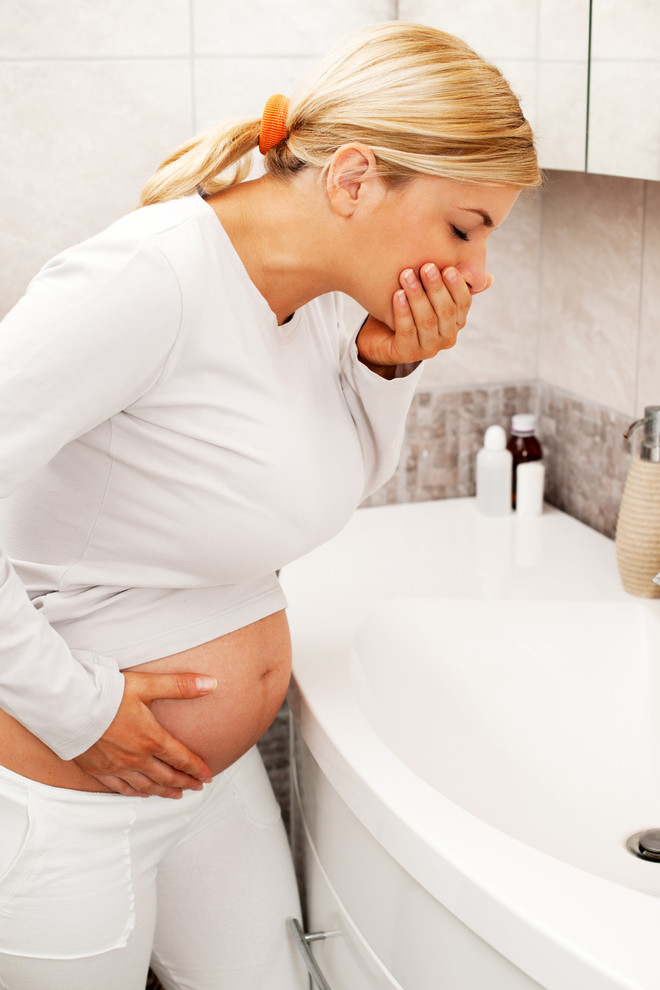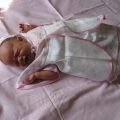Causes of cholecystitis in pregnant women
Cholecystitis during pregnancy develops in 3% of women. And if you had to treat it before, the likelihood of relapse increases, especially in the third trimester. Cholecystitis in pregnancy: pain in the right side and severe nausea Photo: Getty The main causes of inflammation of the gallbladder:
Cholecystitis in pregnancy: pain in the right side and severe nausea Photo: Getty The main causes of inflammation of the gallbladder:
- infection in the gastrointestinal tract;
- sedentary lifestyle;
- weak immunity;
- malnutrition: overeating or lack of food;
- nervous disorders.
When the baby is born, the onset of cholecystitis is more frequentall provoke the pressure of the uterus on the neighboring organs or hypomotor dyskinesia - relaxation of the gallbladder due to the large amount of the hormone progesterone. As a result, the inhibition of bile is inhibited.
Symptoms of cholecystitis
Complaints of pain in the right hypochondriumoften accompany cholecystitis during pregnancy. When the fetus moves, these pains intensify and can also appear under the right shoulder blade or in the lower back. Associated symptoms with cholecystitis are expressed:
- eructation;
- bitterness in the mouth;
- nausea;
- increased temperature;
- vomiting;
- abdominal swelling;
- pallor;
- tachycardia.
Chronic cholecystitis increases toxicosis and canextend it to 29 weeks. During this period, it manifests itself with severe nausea, sometimes with profuse salivation. Eating fatty and sharp foods also provokes cholecystitis and can cause nausea in pregnant women.
Cholecystitis during pregnancy: methods of combating the disease
Only a doctor can determine the presence of the disease and prescribe the correct treatment. Pregnancy and cholecystitis are an unpleasant combination, but the problem can be dealt with by:
- special diet;
- taking cholagogue;
- taking antibiotics and analgesics safe for the fetus;
- reception of stimulants of motility of the gallbladder;
- timely use of liquid.
The purpose of the medicine depends on the severitythe disease, the period of pregnancy and the cause of cholecystitis. In acute pain, No-shpa is considered safe for a fetus. If an exacerbation starts, and drug treatment does not bring results, it becomes necessary to resort to surgical intervention. But this measure at pregnancy is considered extreme, resort to it at occurrence of danger to a life of mother.









